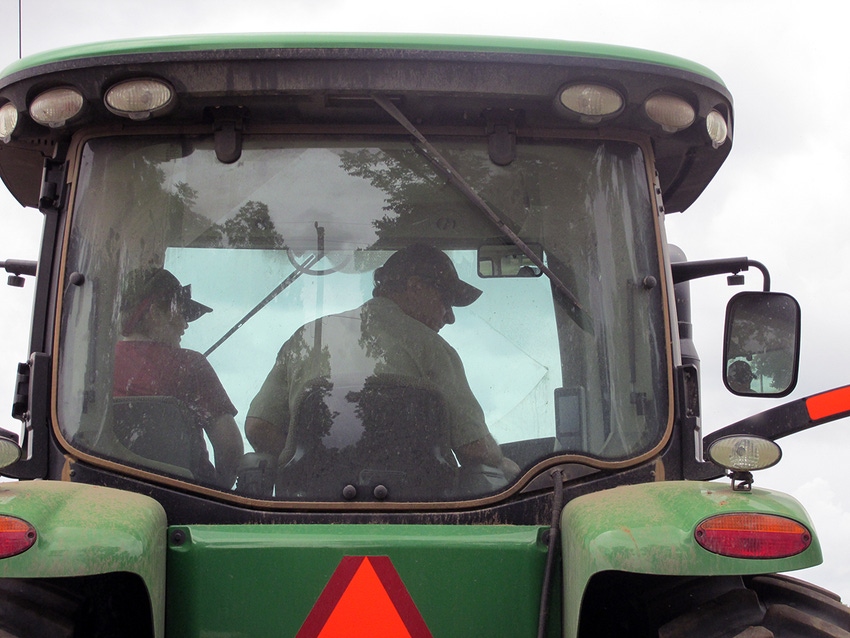
Actively educating pesticide applicators with training they see useful pays off.
(EDITOR'S NOTE: March 16, it was announced remaining Georgia ‘Using Pesticides Wisely’ trainings will be rescheduled. Officials working now on solution to provide to those who still need for dicamba applications this year.)
In February, dicamba-related legal decisions -- and predictions of more lawsuits to come -- from off-target applications received ample ag news headlines.
In Missouri, a jury sided with a grower who claimed damage to his orchard from off-target dicamba applications. The jury awarded $15 million for compensatory damages and $250 million in punitive damages.
A week later, the law firm Peiffer Wolf Carr & Kane gained news claiming as many as 2,000 additional farmers may seek legal action for damage claimed to come from dicamba applications.
EPA will decide again later this year on whether to register the auxin crop technologies for cotton and soybeans.
We are in the era of new auxin technologies. Growers have widely adopted them, and trainings offered by state-level organizations helped smooth the path.
One required training in Georgia, for example, is called 'Using Pesticides Wisely.' Partnering with the Georgia Department of Agriculture, the University of Georgia Extension developed and began delivering the training six years ago. Growers are required to take the training before applying dicamba products. But growers who took the training in 2019 are not required to take the training again in 2020.
The UPW trainings seems to have paid off.
In 2014, UGA Extension received 289 pesticide drift complaints in 48 counties. Following the initial year of the UPW training in 2015, Extension received 150 drift complaints in 43 counties. Last year, the fifth year of UPW training in the state, UGA Extension received 67 complaints from 45 counties.
State-level authority to design and deliver pesticide training programs, with a healthy cooperative nod from the EPA, can be a successful model to double down on and continue. Familiar faces delivering trusted information to receptive people who want to do the right thing works.
Almost 3,000 growers/applicators took the UGA UPW training in 2019. According to a survey taken by them, the top 3 most-challenging pests are Palmar amaranth, morningglory and white flies.
About the Author(s)
You May Also Like






